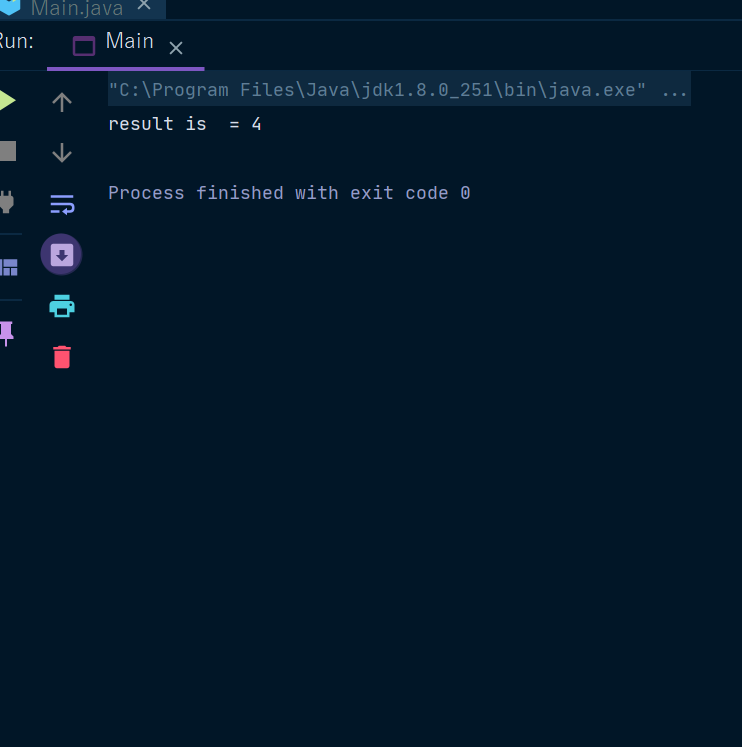If Keyword In Java
The if-else statement is the most basic way to control program flow. The else is optional.
If statement executes when the condition is true, In other words-
If the conditional expression is true, the target of the if will be executed; otherwise, if it exists, the target of the else will be executed. At no time will both of them be executed. The conditional expression controlling the if must produce a boolean result.
The Syntax of the if keyword is as follows:
In java we have 4 conditional statements -
-
if
-
else
-
else-if ladder
-
Switch-case
Now we will see the usage with the help of examples -
Example 1 - In this example we will see the usage of if only-
|
class T{
public static void main(System.in)
{
String a = "Web designing house";
String b = "Web designing house"
if(a.equals(b))
System.out.println("a and b are same");
}
}
|
|
class T{
public static void main(System.in)
{
String a = "Web designing house";
String b = "Web designing house"
if(a.equals(b))
System.out.println("a and b are same");
}
}
|
Example 2 -
|
class T{
public static void main(System.in)
{
String a = "Online promotion house";
String b = "Web designing house"
if(a.equals(b))
System.out.println("a and b are same");
else
System.out.println("a, and b are different");
}
}
|
Example 3 -
|
package javaLearnings;
public class Main {
public static void main(String[] args) {
// write your code here
int a =100;
int b =23;
if (a==0){
System.out.println("divide can happen");
}
else if (b==0){
System.out.println("divide can not happen please change value of b");
}
else{
int res = a / b;
System.out.println("result is = "+res);
}
}
}
|
Output -


